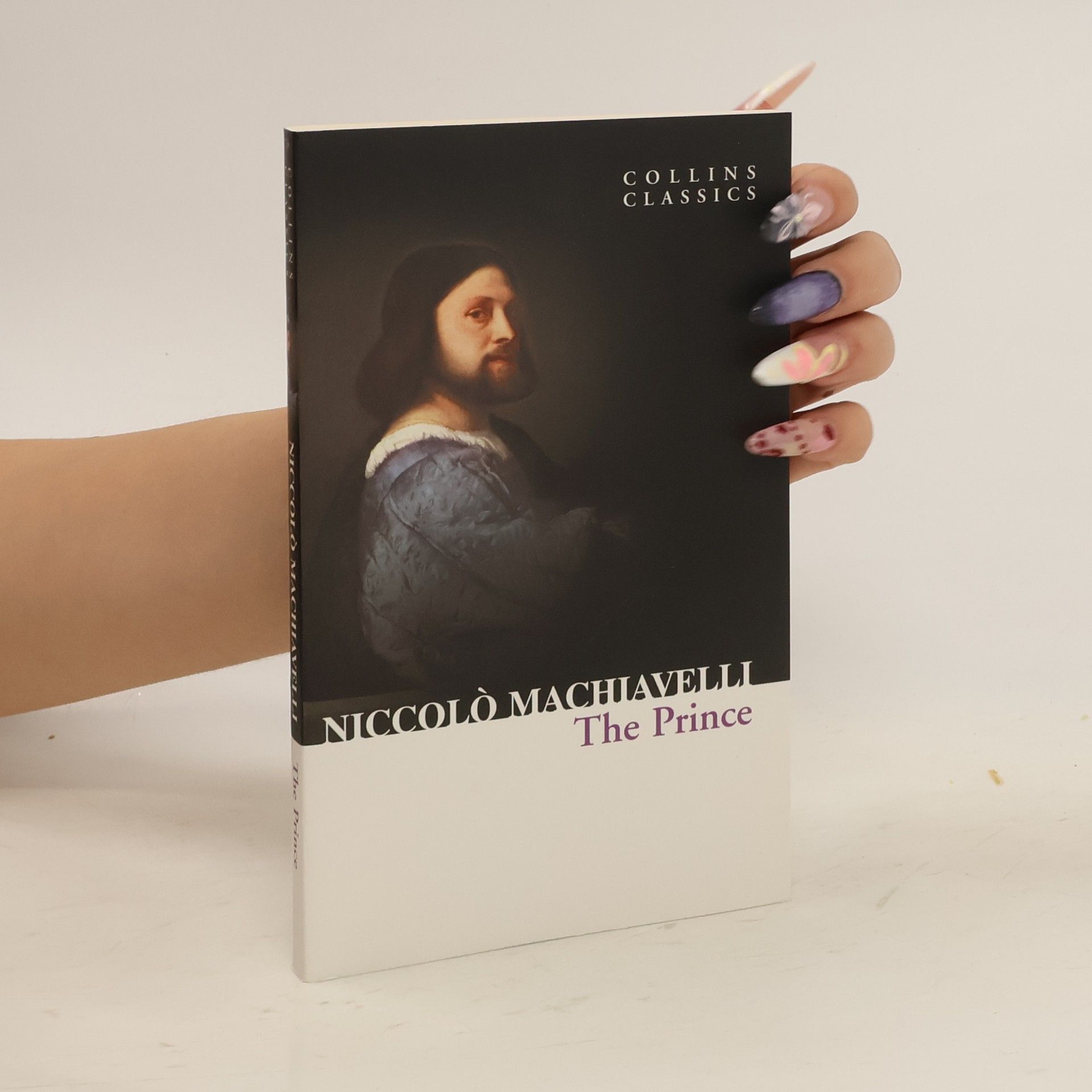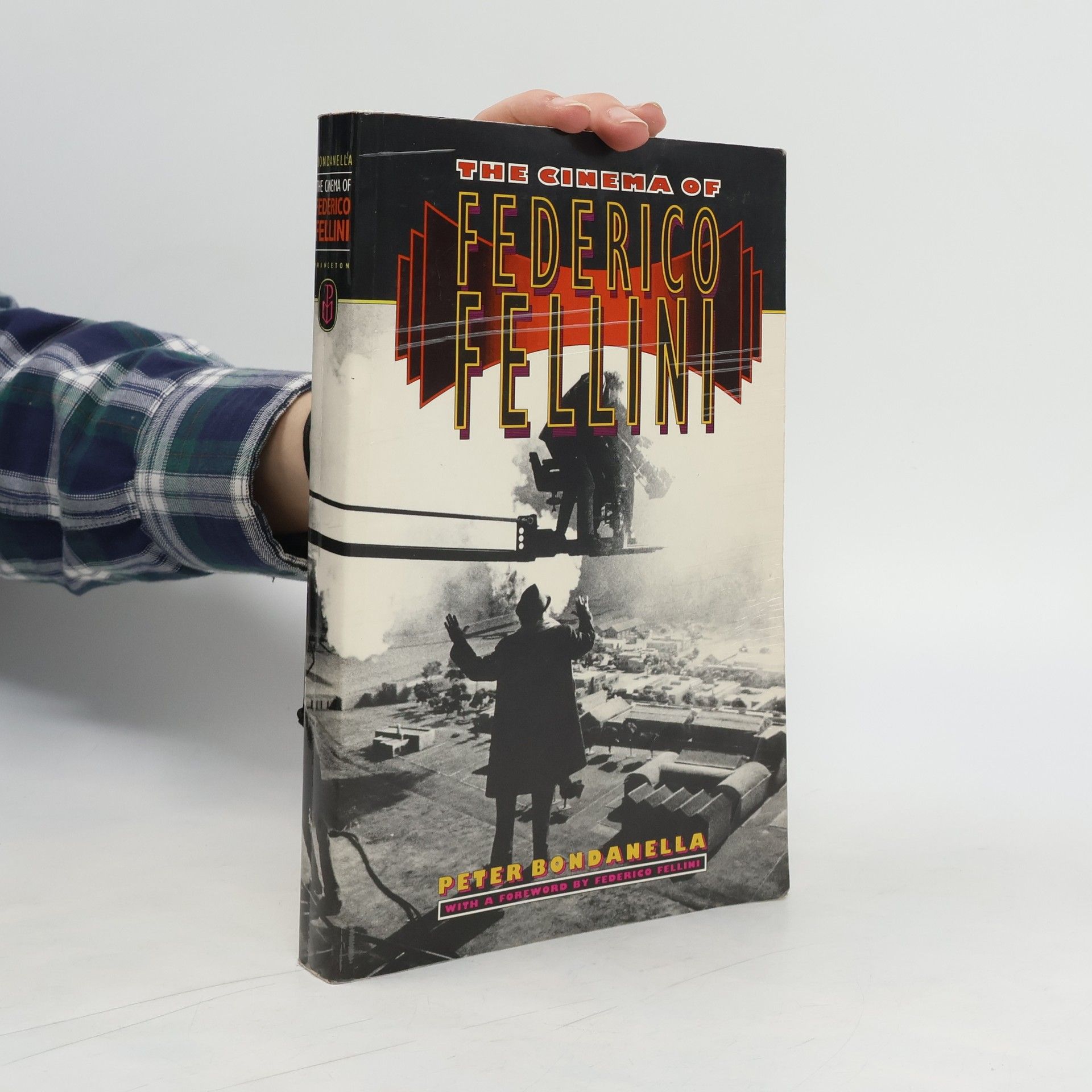A biography of Federico Fellini that shows how his exuberant imagination has been shaped by popular culture, literature, and his encounter with the ideas of C G Jung, especially Jungian dream interpretation. It links his mature accomplishments to his first employment as a cartoonist, gagman, and sketch-artist during the Fascist era.
Peter Bondanella Books
Peter Bondanella was a distinguished professor specializing in Italian literature, comparative literature, and film studies. His work delved into a profound understanding of Italian culture and arts, with a particular emphasis on cinema. He left a significant legacy in academia.



Naughty, bawdy and newly repackaged, this medieval masterpiece is set against the background of the Black Death of 1348. The hundred linked tales in Boccaccio's masterpiece are peopled by nobles, knights, nuns, pilgrims, thieves and lovers - both faithful and faithless.
Based on Machiavelli's own first-hand experience as an emissary of the Florentine Republic to the courts of Europe, 'The Prince' analyses the usually violent ways by which men seize, retain and lose political power.